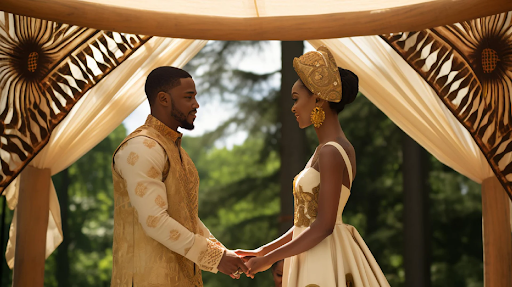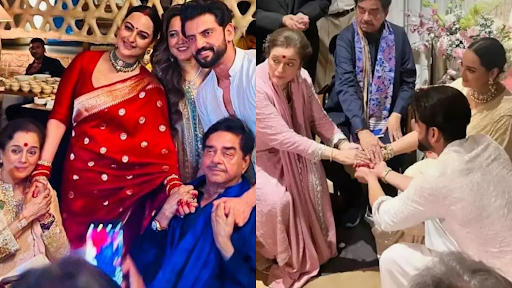Introduction
Marriage is not merely the union of two individuals; it is a joining of families, histories, and traditions. At the heart of this union lies the concept of family heritage—an intricate tapestry woven from the stories, values, and cultural legacies passed down through generations.
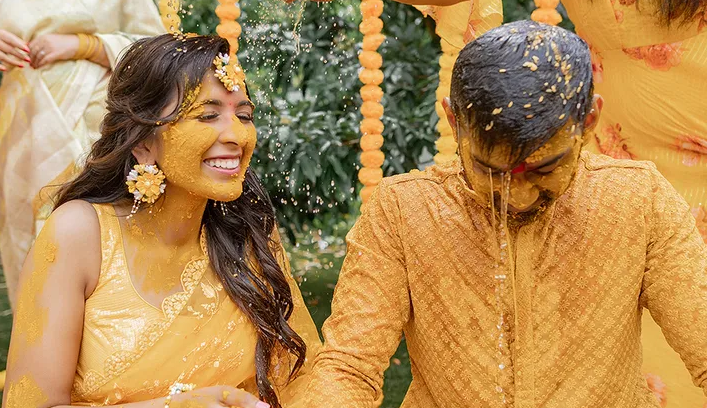
Understanding and embracing family heritage play pivotal roles in shaping the dynamics and enriching the bonds within a marital relationship.
The Power of Cultural Heritage
Our family heritage is a fundamental part of who we are. It influences our values, beliefs, and worldview. When we enter into a marriage, we bring these cultural norms and traditions with us.
For instance, if you come from a family that places a strong emphasis on family loyalty and respect for elders, you may expect your partner to adopt these values as well.
Similarly, if you were raised in a culture that prioritizes communication and conflict resolution through open discussion, you may feel frustrated if your partner doesn’t share this approach.
Understanding your family heritage can help you handle these differences and find common ground with your partner. By acknowledging and appreciating each other’s cultural backgrounds, you can create a stronger bond and foster a deeper understanding of each other’s perspectives.
The importance of shared traditions
Shared traditions and customs can bring couples closer together and create lasting memories. When couples come from similar cultural backgrounds, they often share a common understanding of certain rituals and practices.
For example, if both partners were raised in families that celebrate specific holidays or observe traditional ceremonies, they can find comfort in sharing these experiences together.
However, when couples come from different cultural backgrounds, they may need to find new ways to create shared traditions. This can be an opportunity to blend different customs and create unique rituals. It reflects their combined heritage. By embracing each other’s traditions, couples can strengthen their bond and build a sense of unity.
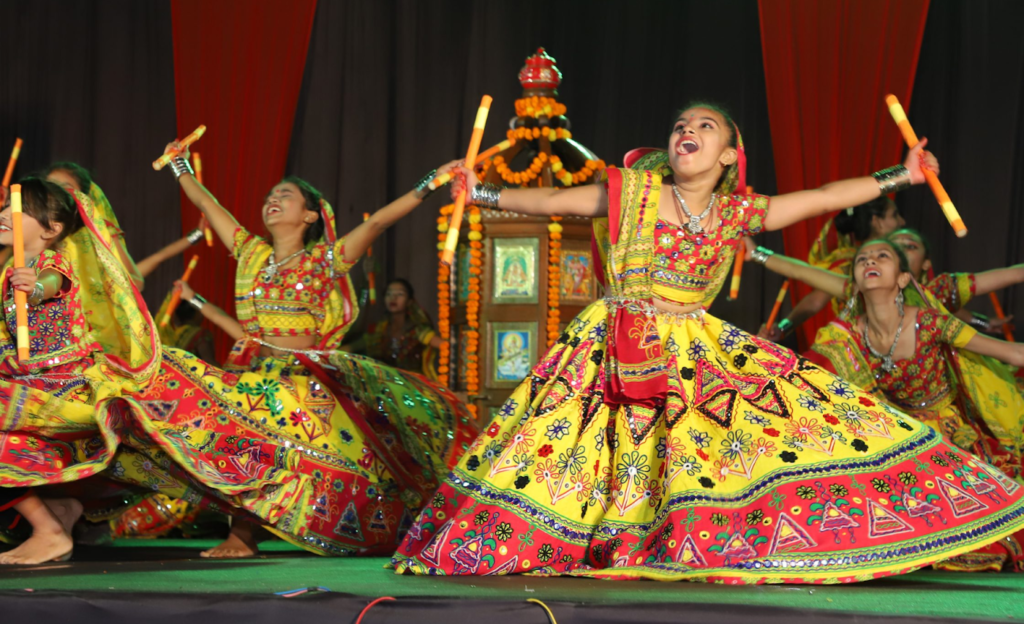
Roots of Identity
Family heritage forms the foundational roots of individual identity. It encompasses the customs, rituals, and beliefs. It defines a family’s unique cultural and historical context. When two individuals enter into marriage, they bring with them these rich varieties of heritage. By blending both, we will create a new narrative that honors both familial lineages.
Connecting Generations
Marriage serves as a bridge between generations. It links the past with the present and influences the future. Exploring and honoring family heritage in marriage fosters a deep connection to ancestors. They shaped traditions and values.
This connection beats time, instilling a sense of continuity. These belongings strengthen homelike bonds across generations.
Shared Rituals and Celebrations
Family heritage is often preserved through shared rituals and celebrations. It marks significant milestones and cultural events. These traditions not only provide continuity but also serve as opportunities for couples. This helps to improve bonds over shared experiences and create lasting memories.
Whether it’s celebrating festivals, observing rites of passage, or upholding ancestral customs, these rituals enrich the marital journey with meaning and cultural depth.
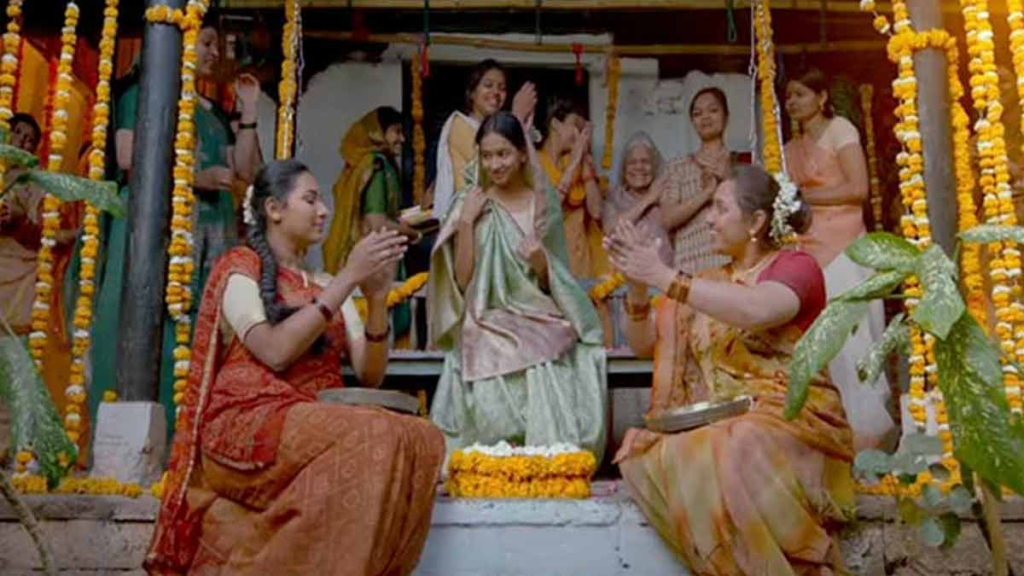
Passing Down Values
Place within family heritage are core values. It guides ethical behavior, decision-making, and interpersonal relationships. By understanding and holding these values, couples can handle challenges. Most of the wisdom was inherited from their ancestors.
Whether it’s resilience in adversity, respect for elders, or the importance of community, these values shape the foundation upon which a marriage is built.
Cultural Dialogue and Understanding
In an increasingly globalized world, marriages often bring individuals together from diverse cultural backgrounds. Family heritage serves as fuel. It handles the cultural dialogue and mutual understanding between partners.
By sharing stories, exploring traditions, and participating in each other’s cultural practices, couples deepen their appreciation for each other’s backgrounds. It fosters an inclusive family environment for futuregenerations.
Preserving and Evolving Traditions
While honoring, family heritage is integral. Marriage also provides an opportunity to evolve traditions to reflect contemporary values and lifestyles. Couples may choose it to explain rituals.
It also creates new traditions that resonate with their shared goals and beliefs. This process of adaptation ensures that family heritage remains dynamic. It is relevant while preserving its nature.
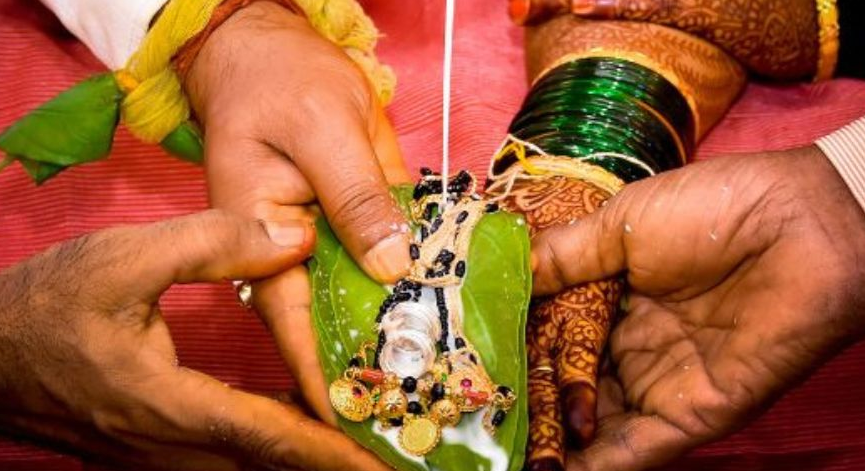
Challenges and Growth
Handling family heritage in marriage can present challenges. It is especially when cultural expectations or traditions differ between partners.
Open communication, mutual respect, and willingness to compromise are essential in bridging these differences. It also helps in forging a unified approach that respects both families.

Conclusion
Family heritage enriches the marital journey by connecting couples to their roots. It fosters cultural pride and shapes shared values and traditions. By holding and celebrating family heritage, couples create a variety of identities.
It honors the past, enriches the present, and guides the future—a testament to the enduring significance of family in the institution of marriage. As partners embark on this journey together. They create their own unique story into the broader fabric of household legacy. It creates a legacy of their own for generations to come.
